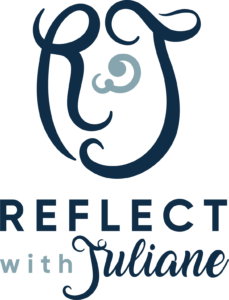The desire for a change often arises from new professional opportunities or opportunities. Through inspiration from outside, new ambitions or new interests and motivation to develop new competences and skills.
However, many people also long for a reorientation because they currently feel dissatisfied or overwhelmed in their professional life. Challenges or negative feelings that drag on for weeks or months are a sign that a change is needed. If you no longer enjoy your job and have to force yourself to work every day, you will benefit from a reorientation.
Changes in your private life can also make professional reorientation necessary, e.g. an illness or difficult life situation that no longer allows you to do your job as before, but also starting a family or simply a desire for more work-life balance.






